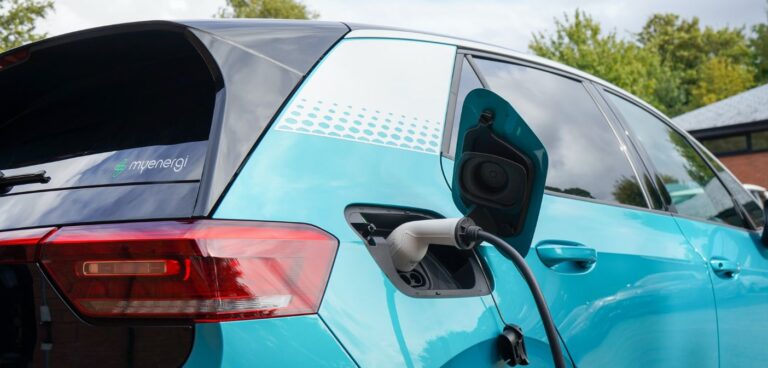The UK government has announced a strategy to support electric vehicle (EV) owners to switch to smart charging, which can offer lower energy and motoring bills, as well as £16m in funding for the advancement of smart charging technologies.
The plan, named the Electric Vehicle Smart Charging Action Plan, was published by the government and Ofgem, the government regulator for the domestic electricity and gas markets.
It outlines a roadmap for unlocking the potential of smart charging, and making this the preferred method for long charging sessions by 2025.
Smart charging delivers significant benefits for consumers and for the grid by allowing motorists to charge EVs when demand is lower, making electricity is cheaper. It also supports the provision of cleaner electricity by allowing consumers to power their home using electricity stored in their EV, or even sell it back to the grid for profit.
The government has predicted that EV motorists with a high mileage could save as much as £1,000 a year through smarter charging.
As well as encouraging further use of smart charging, the government has announced £16m in funding from the Net Zero Innovation Portfolio (NZIP) to support smart charging technologies, including a smart street lamppost to enable mobile smart charging.
Other projects could lead to the integration of domestic appliances, such as heat pumps or batteries, into a smarter energy system.
Graham Stuart, energy and climate minister, said: “We want to make smart charging an easier choice for drivers of electric vehicles, whether that is charging on the driveway, at the workplace, or parked on the street.
“To do that we need to build new network infrastructure at pace, using the latest available technologies.
“Today’s plan sets out how we will work with Ofgem and industry to kickstart the market for smart charging, which we are backing up with £16m in innovation funding.
“This will let people take control of their energy usage, in the most convenient and low-cost way.”
The UK government has committed to previous measures to promote smart charging, including, as of July 2022, mandating that all new chargepoints sold for private usage needing to have smart functionality.
What’s more, the UK is also consulting on a new policy and technical framework to support the wider introduction of domestic smart, flexible energy and improve its cybersecurity.
Through the new plan, the government hopes to improve publicly available information and evidence on the benefits of smart charging, support the implementation of consumer service standards and ensure private chargepoints are compatible with the most recent technology.
The new charging action plan is intended to make smart charging the norm at home and work by 2025 and, by the late 2020s, ensure that smart charging will become more commonplace for long-duration public charging sessions.





